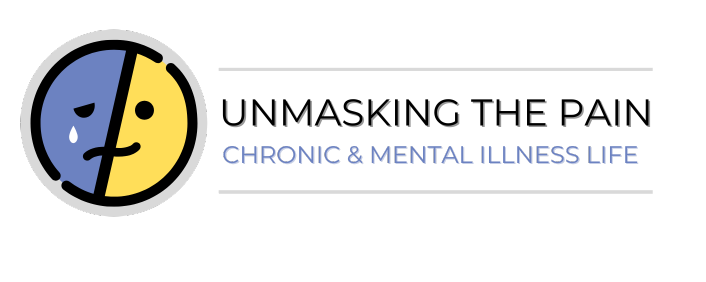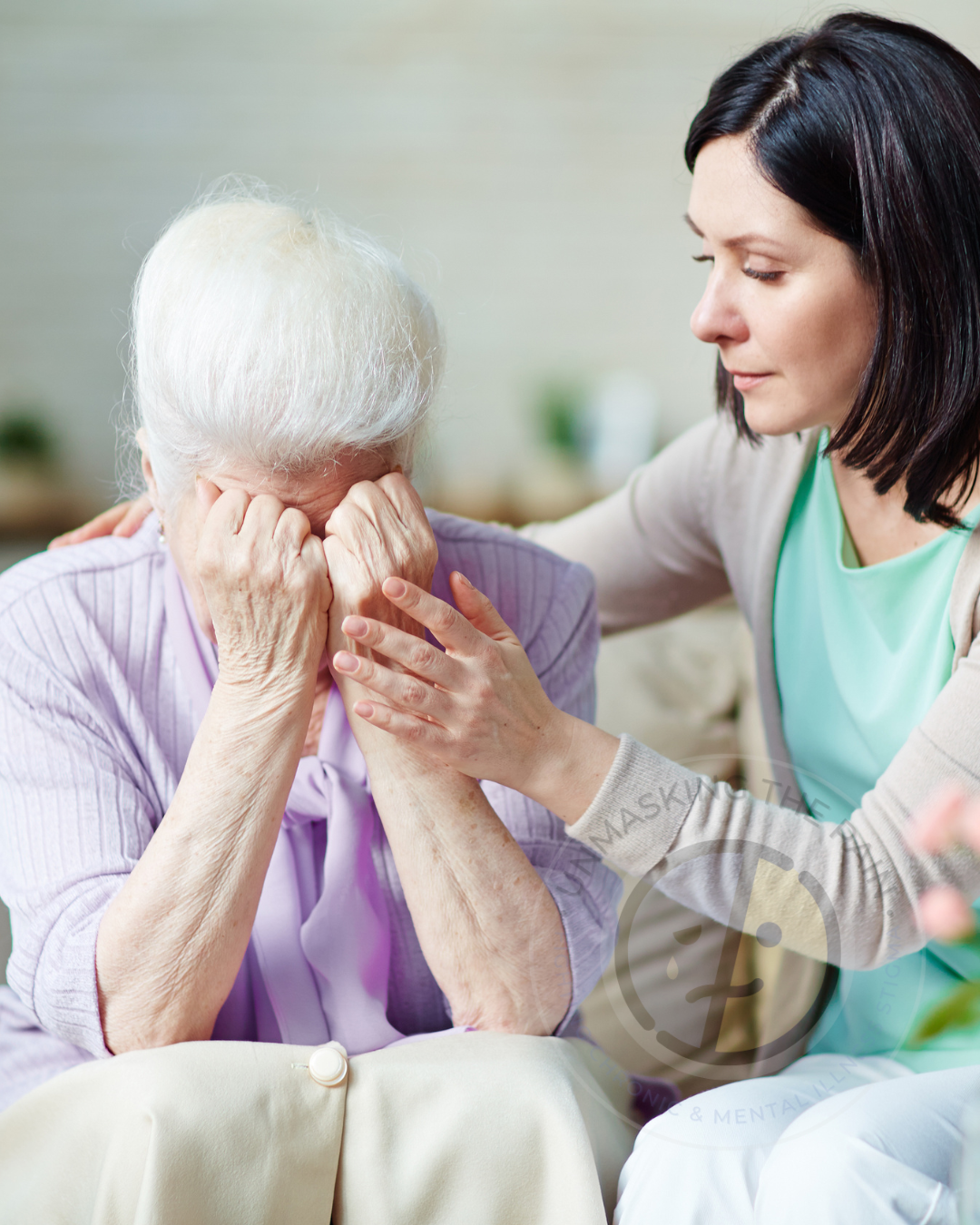Grief and Loss in Neurodivergence
Loss is a part of life, we all know this. For a neurotypical person, they feel the pain of the loss, they grieve and eventually the pain lessens and they move on in their life. In a neurodivergent person, this process is far more complicated. Our grief is deep, can be delayed and then hit us like a speeding train, and just like derailed rain cars tumbling off the track, so too can our symptoms, coping mechanisms, mental and physical state often become impaired sending our daily lives tumbling out of control.
Grief and Loss With Bipolar
Individuals with bipolar can either go manic or hypomania and their associated life-altering symptoms and issues, including psychosis and suicidal thoughts. Grief and loss can lead to Complicated Grief (CG), which is defined as severe and long lasting bipolar symptoms.
Complicated Grief (CG) was also associated with a higher rate of lifetime suicide attempts, greater functional impairment, and poorer social support.
https://pubmed.ncbi.nlm.nih.gov/16187766/
Grief and Loss With ADHD
In individuals with ADHD, executive dysfunction paralysis takes over, even bringing on a complete shut down due to inability to process and cope.
Grief can also cause physical symptoms, including stomach pain, loss of appetite, intestinal upsets, exhaustion, and sleep disturbances—each of which can make ADHD symptoms worse. For some people, a loss of interest in things they enjoyed can also occur. Losing a loved one creates a hole in one’s life.
https://chadd.org/wp-content/uploads/2020/12/COVID-and-Grief-QF.pdf
Tips for How I Personally Manage Grief and Loss with Neurodivergence
As I write this, I’ve had two major losses within two days time: a family pet and a dear friend. So I’m currently grieving myself. My family is taking good care of me and watching to make sure I’m okay and not spiraling into a bad place. I have both bipolar and ADHD, so a double whammy diagnosis that makes grieving doubly difficult.
Here’s my coping plan:
- Talk it out. I am making sure to actually speak up and share how I’m feeling. I’m allowing myself to cry and not bury those emotions and the normal reactions one would have when grieving. In personal and online support groups are also good for non-professional places to talk to others who understand.
- Grief Counseling. Talk to your therapist, or find a therapist or grief counselor if you do not have one.
- Focus on the Positive. I’m counteracting the negative thoughts that bipolar “shouts” in my head (i.e. guilt, failure, lack of self-worth….) with remembering the good memories, the funny moments and the love shared. I’m doing all I can to focus on positive things to drown out the negative.
- Write. I’m not a journal person, but I do like to write when inspiration strikes and my mind and thoughts are clear and not foggy. This post is an example. I’m sharing helpful, valid info, and the sources they came from, in addition to sharing a bit of my own story, which I guess is a lot like talking it out. It’s therapeutic for me.
- Mentally Preparing. Part of all of my health conditions (physical and mental) is the inability to reliably plan and show up for anything. If you have chronic conditions, you will understand. We are not always in control of our symptoms and what any given moment is like. Knowing that I have an upcoming funeral to attend is something I have to mentally prepare for. I will rest, plan things out in my head on what to wear, who is going with me, when to leave, even what to say, which is especially hard when words fail me. I will do my best and hope it’s good enough


